
Seven entirely static shots make up James Benning's quiet reflection on existence in the Ruhr Valley.

A well educated and humble teacher arrives in a new city and at a new job in the pre-revolutionary Iran. He falls in love with a hardworking underprivileged young woman that nurses her very old mother and raises her young brother. In an environment where commitments and social problems often stand in the way between people and their dreams.
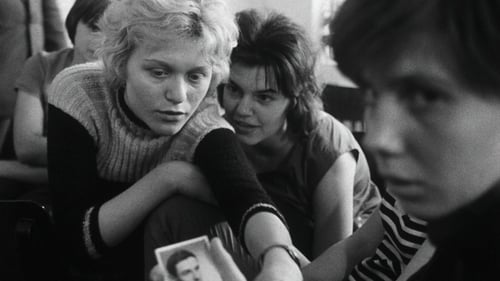
The themes of anarchy and individualism that run through Věra Chytilová’s work begin here, in an almost docu-realist look at women finding freedom and joy amid the rigid conformity of life in a communal factory dormitory.
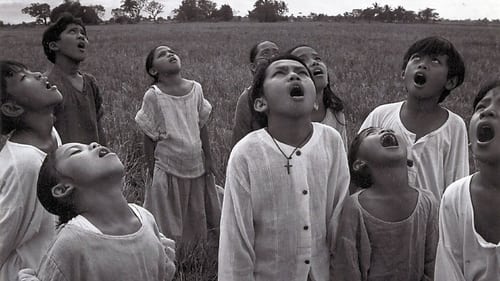
What follows is a black-and-white silent film set in the 1890s during the brewing Filipino revolution against Spanish colonialism. A series of tragic and comic sequences tells the Three Ages of an Indio (“common man”) as he progresses from boy bell ringer in a village church to teenage revolutionary to adult theater actor rehearsing a popular Spanish play.
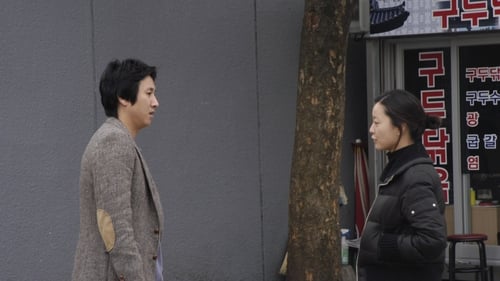
Hong Sang-Soo’s Lost in the Mountains (South Korea, 32min) the visitor is the supremely self-centred Mi-Sook, who drives to Jeonju on impulse to see her classmate Jin-Young – only to discover that her friend is having an affair with their married professor, who Mi-Sook once dated herself. The level of social embarrassment goes off the scale. In Naomi Kawase’s Koma (Japan, 34min), Kang Jun-Il travels to a village in rural Japan to honour his grandfather’s dying wish by returning a Buddhist scroll to its ancestral home. Amid ancient superstitions, a new relationship forms. And in Lav Diaz’ Butterflies Have No Memories (Philippines, 42min) ‘homecoming queen’ Carol returns to the economically depressed former mining town she came from – and becomes the target of an absurd kidnapping plot hatched by resentful locals. Serving as his own writer, cameraman and editor, Diaz casts the film entirely from members of his crew and delivers a well-seasoned mix of social realism and fantasy. —bfi

A documentary portrait of Miho Shimao, widow of renowned Japanese writer Toshio Shimao.

The astonishing debut feature from Greek filmmaker Ektoras Lygizos updates Knut Hamsun's classic 1890 novel Hunger to the modern day, as it follows an alienated young man desperately trying to survive on the streets of Athens.

Director Jonas Mekas travels through New York nights, through apartments, studios, backstage rooms, galleries, bars, and clubs. Encountering old acquaintances like Ken and Flo Jacobs, Yoko Ono, friends, brothers and sisters, sons and daughters. Mr. Mekas begins the film with the words 'I can't sleep.' Who hasn't been in this situation? Sleepy and yet wide awake at the same time, you find yourself in the world of those exhausted from the day's exertions, the drunk, the relaxed, the dancing, the brooding, the mourning, and the pensive.

As three pregnant women wait to have their babies in a hospital in Stockholm at the outbreak of the Great War, they relive their childhood and youthful experiences.

A 15-year-old Somalian boy meets a 40-year-old Iranian man in a refugee camp in Skåne, in the south of Sweden. With the threat of deportation hanging over them, they decide to take their faiths in their own hands and together they go on a journey in the Swedish summer.

This intimately narrated journey from Russia to Rotterdam, via rail, road and Finnish ferry, is a melancholy meditation on divinity, time and place in art, purpose (or its lack) and the loneliness of the soul. Passing through misty snowscapes, half-glimpsed cities and the icy night sea-swell.

An omnibus project examining, well, the state of the world.
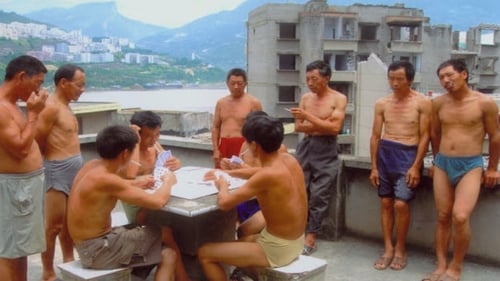
Jia Zhangke travels with painter Liu Xiaodong from China to Thailand as they as they meet everyday workers in the throes of social turmoil. Liu Xiaodong is well-known for his monumental canvases, particularly those inspired by China's Three Gorges Dam project. Jia Zhangke visits Liu on the banks of Fengjie, a city about to be swallowed up by the Yangtze River. The area is in the process of being "de-constructed" by armies of shirtless male workers who form the subject of Liu's paintings. Liu and Jia next travel to Bangkok, where Liu paints Thai sex workers languishing in brothels. The two sets of paintings are united in their subjects' shared sense of malaise in the face of the dehumanizing labor afforded them.
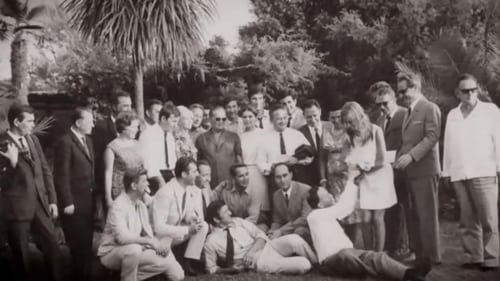
This eye-opening and bittersweet chronicle of the Yugoslavian film industry recounts how the cinema was used—often with direct intervention from President Josip Broz Tito—to create and recreate the young nation’s history, replete with heroes and myths that didn’t always hew closely to reality.
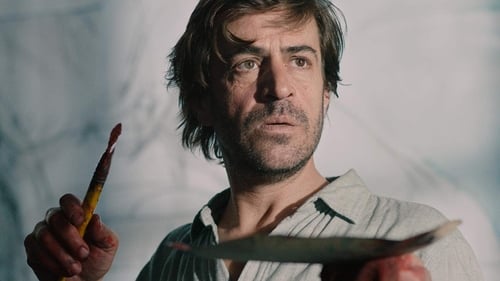
Federico Veiroj’s fourth feature examines the many, often contradictory layers that make up one’s persona, in this case, a single dad and acclaimed artist who must learn to balance family with creativity.
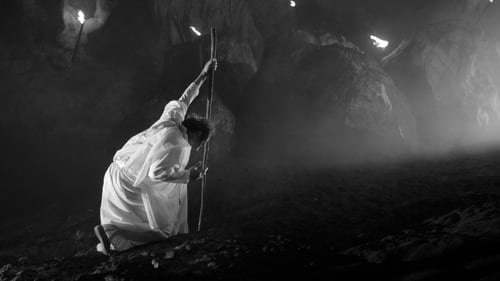
Andrés Bonifacio is celebrated as the father of the Philippines Revolution against Spanish colonial rule. This eight-hour epic examines this myth, undertaking an expedition into history through various interwoven narrative threads, held together by an exploration of the individual’s role in history.
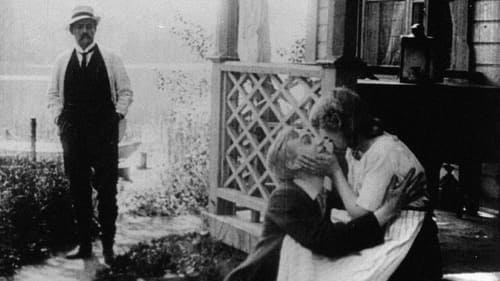
A gardener's son has fallen in love with the daughter of one of the workers at the nursery, and the two are married. The gardener then kicks his progeny off the property and begins to act despicably toward his son's wife.
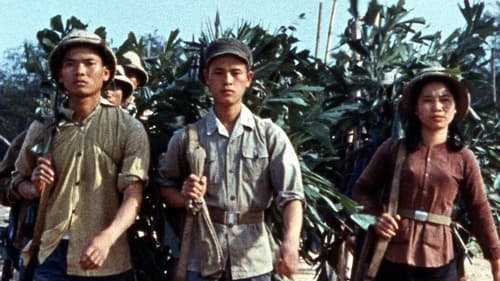
In seven different parts, Godard, Ivens, Klein, Lelouch, Marker, Resnais, and Varda show their sympathy for the North-Vietnamese army during the Vietnam War.

Two wrestlers decide to go to a hotel in order to meet two prostitutes.

In a quiet village in southern China, Fang Xiuying is sixty-seven years old. Having suffered from Alzheimer's for several years, with advanced symptoms and ineffective treatment, she was sent back home. Now, bedridden, she is surrounded by her relatives and neighbors, as they witness and accompany her through her last days.
















